It is easy to blame citizens for not attending public participation meetings or reading budget documents, but is it their fault? Here below is an experience we have learnt from, just this week:
In a knowledge exchange workshop, we were talking to a group of Community Based Organisations (CBOs) at Maono about the value of using social media to tell stories of their work and increase visibility of their organisations. After the session, one of the CBO leaders – Rehema – brought to our attention that the County Government of Kilifi had released its Annual Development Plan (ADP) and an advertisement for a public participation meeting for citizens to give their comments on the document. She noted with concern that the document had been posted on the County’s website, a difficult place for citizens to find it. Even more, the call for public participation had been placed in a newspaper, in a country where only 9% of its population read newspapers.
“Many people don’t attend public participation meetings and they won’t read this document. I request that since we are all here, regardless of our missions, let’s do something about this.” She suggested, adding that, “Civic participation affects all other programs – be it in health, gender or youth.”
Everyone was in agreement, and the conversation quickly turned into strategy. Since we only had 3 days, we started by mapping out the areas we would do the mobilisation. The closest to us were 2 constituencies, Malindi and Magarini – all with a total of 11 wards. We divided ourselves according to the influence we had in these wards, and agreed to mobilise using 3 main methods – town hall meetings, magnet theatre and Social Media.
But before we could begin, we had to read the voluminous 500 page document and understand exactly what its contents were. We lead this process in which we broke down the document into clear points, then translated them into Swahili (the predominant language of the coast). Because we needed to nudge people to be curious about the document and the meeting, we created catchy messages for social media posters.
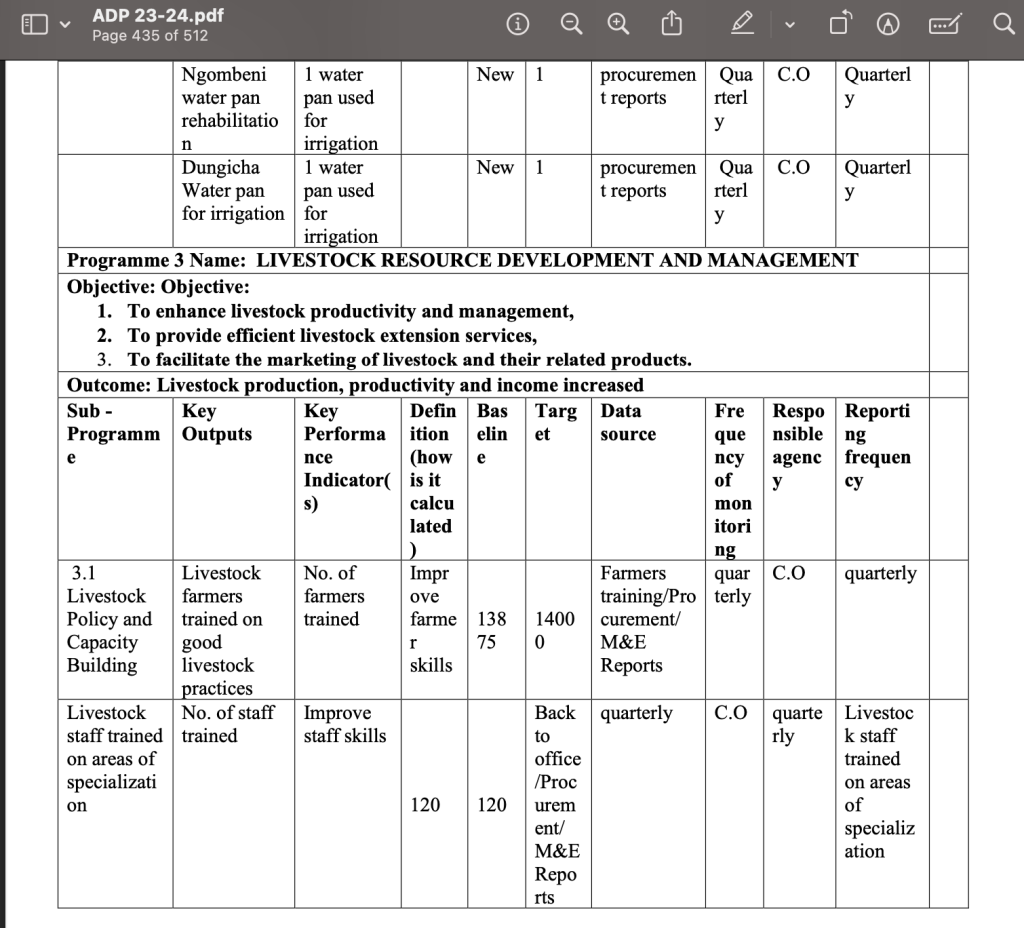
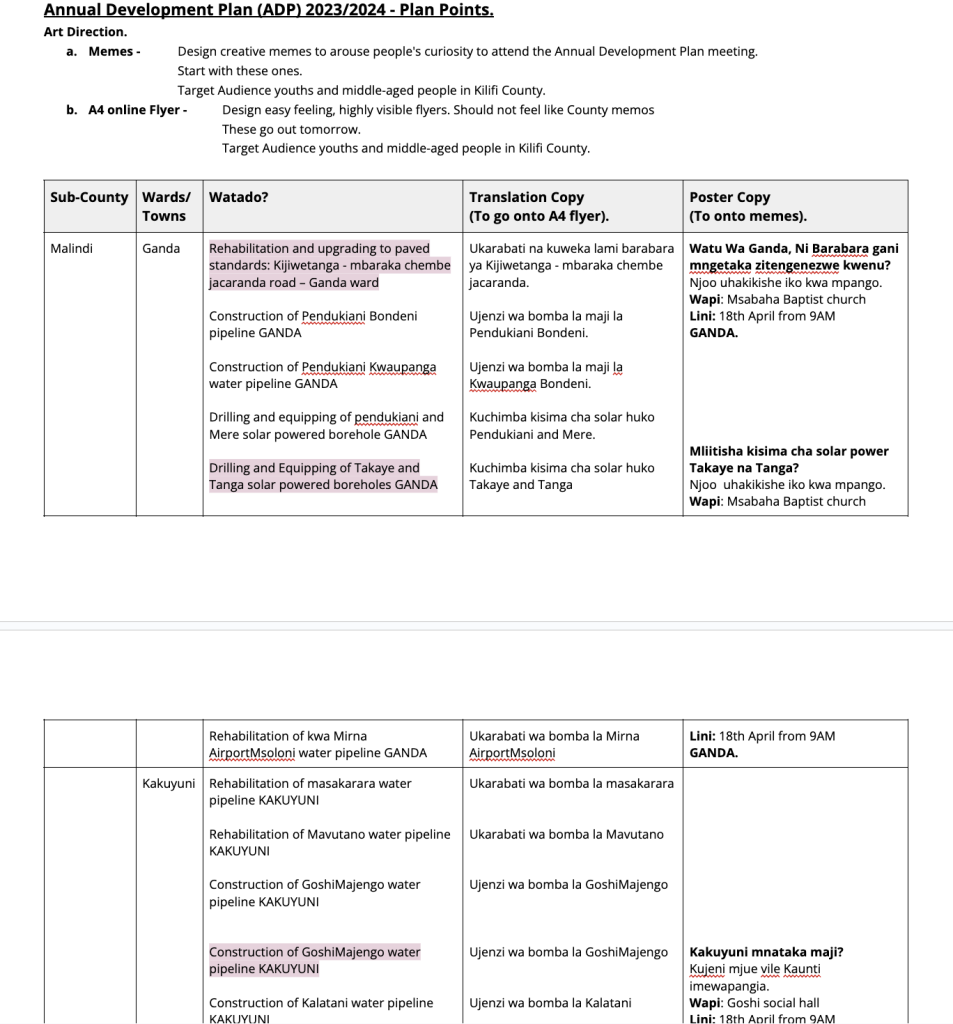
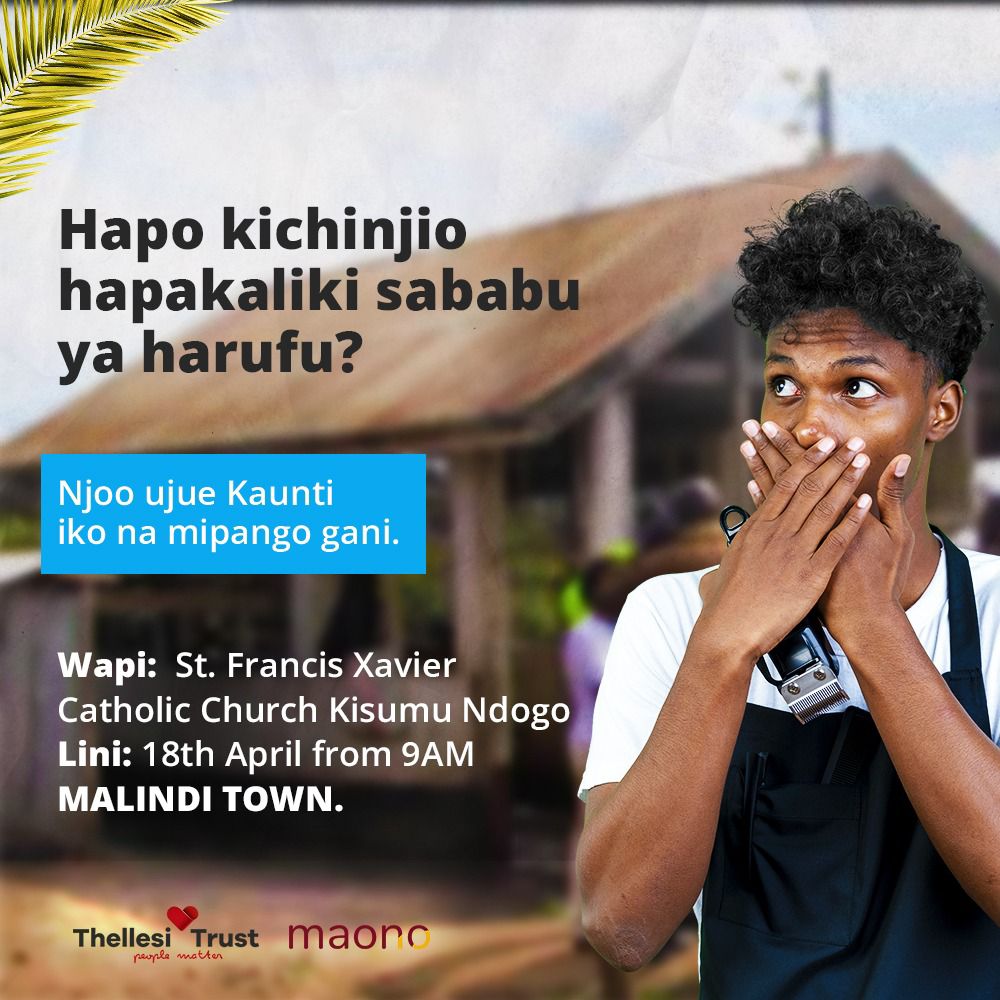
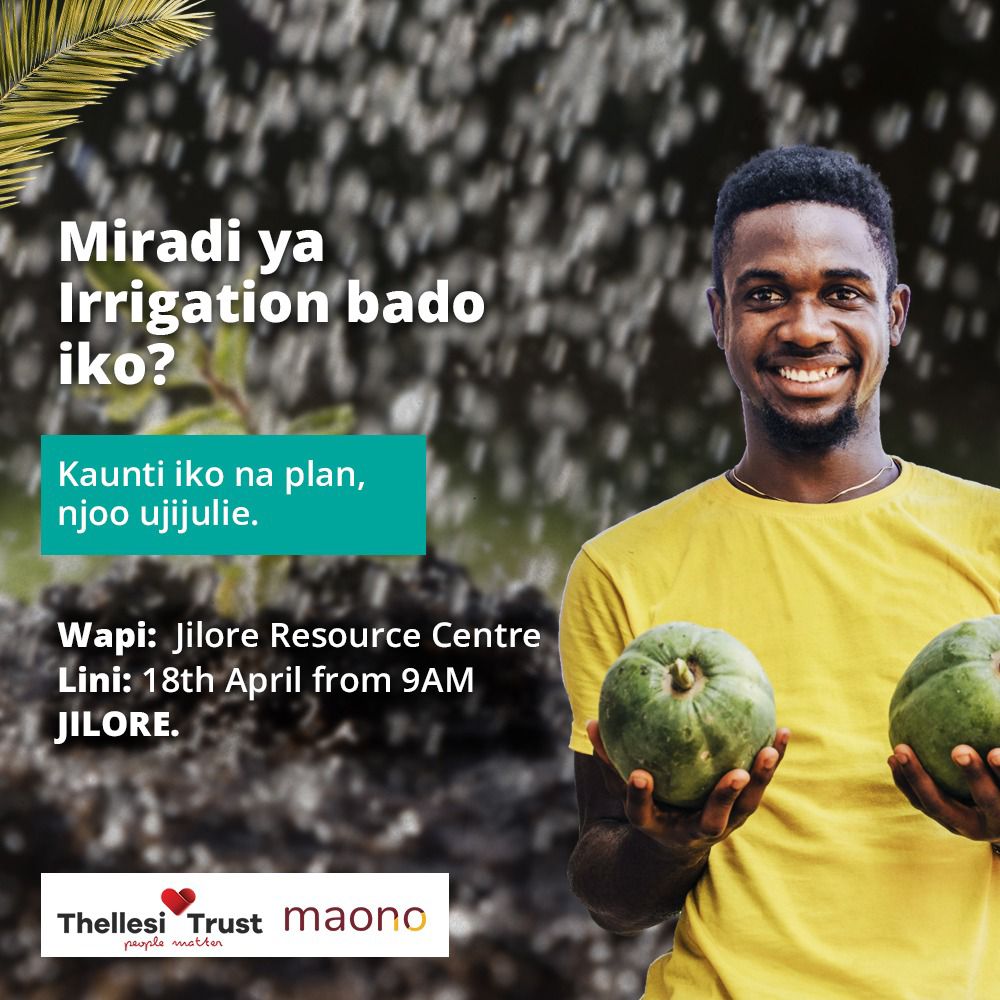
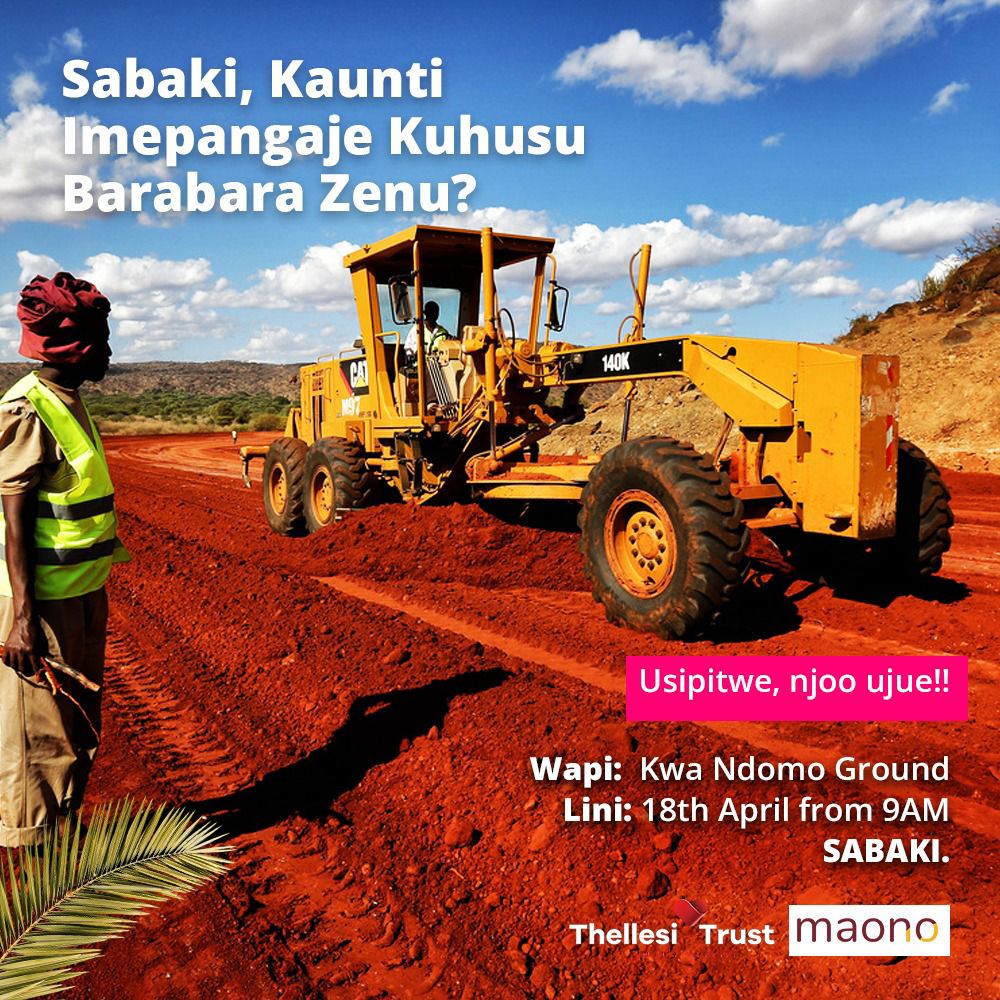

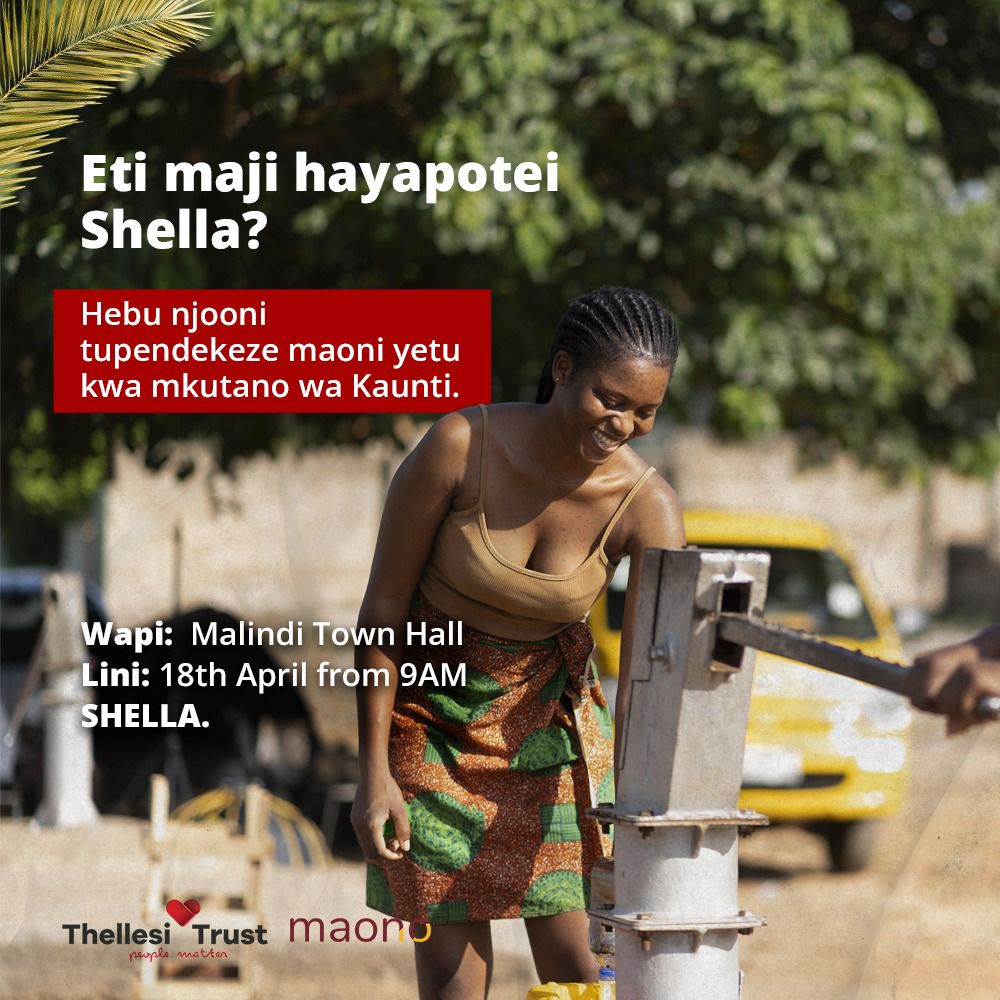
During the mobilisations, the CBOs used printed copies of the broken down ADP to tell citizens what the government had planned for them. They then helped them to make lists of their priorities on manilla papers. The CBOs emphasised on the importance of attending public participation meetings and reading public documents such as budgets.
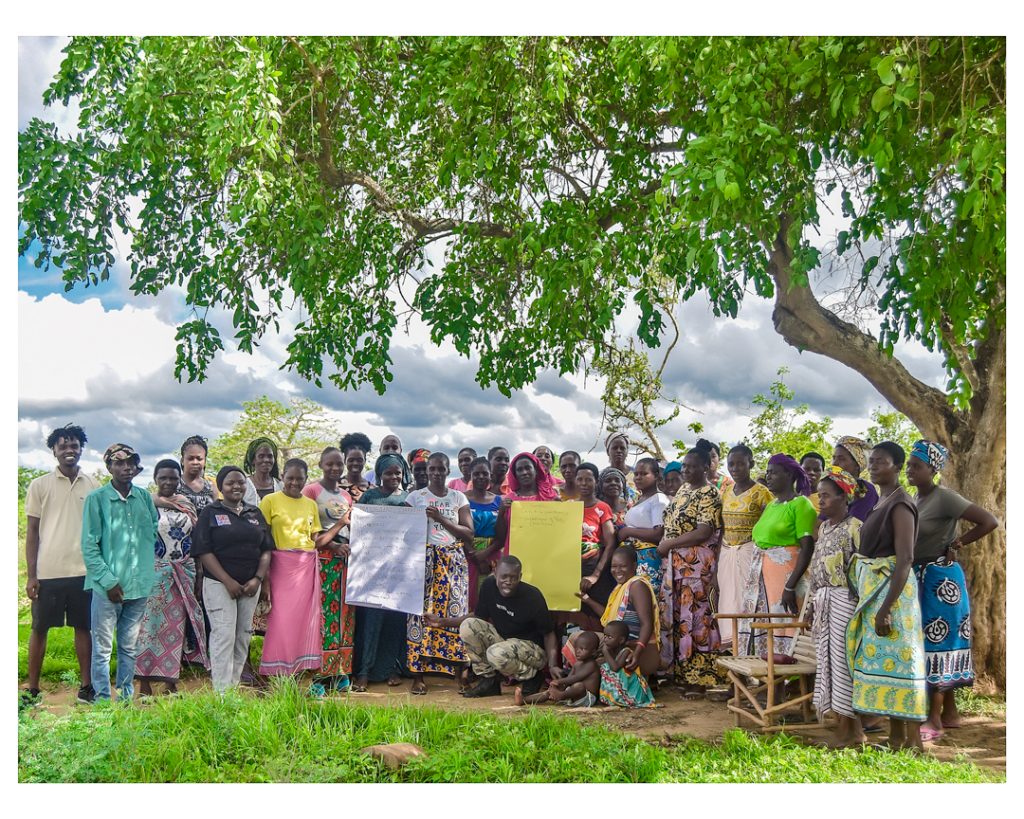
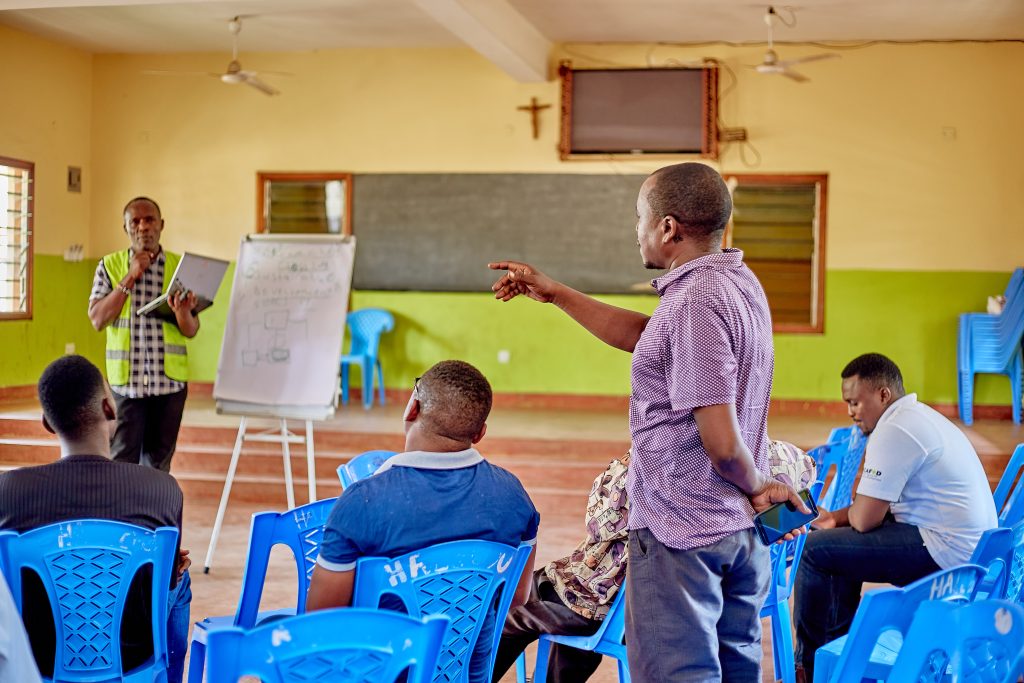
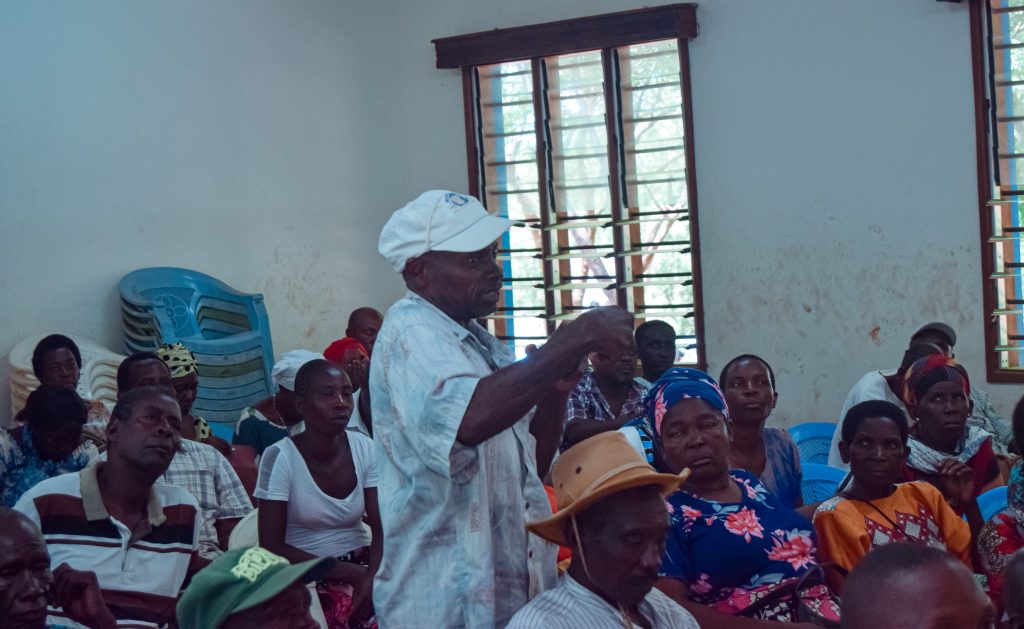
On the day of the public participation meeting (April 18th), the CBOs went into all the 11 Wards to monitor how the meetings were going and to support the citizens. But as they found, the citizens were ready. Firstly, in most of the wards, the turn out was better than had been before. Here is the Member of County Assembly for Garashi Ward expressing his happiness with the turn out (Garashi had 500 people in attendance, amid rain).
Secondly, it was very heartwarming to see citizens using the manila papers to guide the conversations. If there was one thing that they communicated, is that they were prepared and that they knew exactly what they wanted. In Sabaki Ward for instance, a county official attempted to read the whole ADP document in English was quickly interrupted by citizens and told that they didn’t want a lot of English, they had come to discuss projects.
Throughout this process, a group of photographers from the community of creatives that we are building helped to document the journey. The pictures and videos you see are courtesy of them.
We cannot think of a better example to demonstrate that with simplified information and better mobilisation, citizens actually want to participate in governance processes. They want to read those budget documents and to attend public participation meetings. But the way the government organises communications around such important issues is ineffective, therefore killing curiosity and discouraging people from participating.
There is a huge opportunity for CBOs, governments and marketing organisations to work together to promote active citizenship. On our part, we shall continue to work with these CBOs and developing marketing strategists that work.
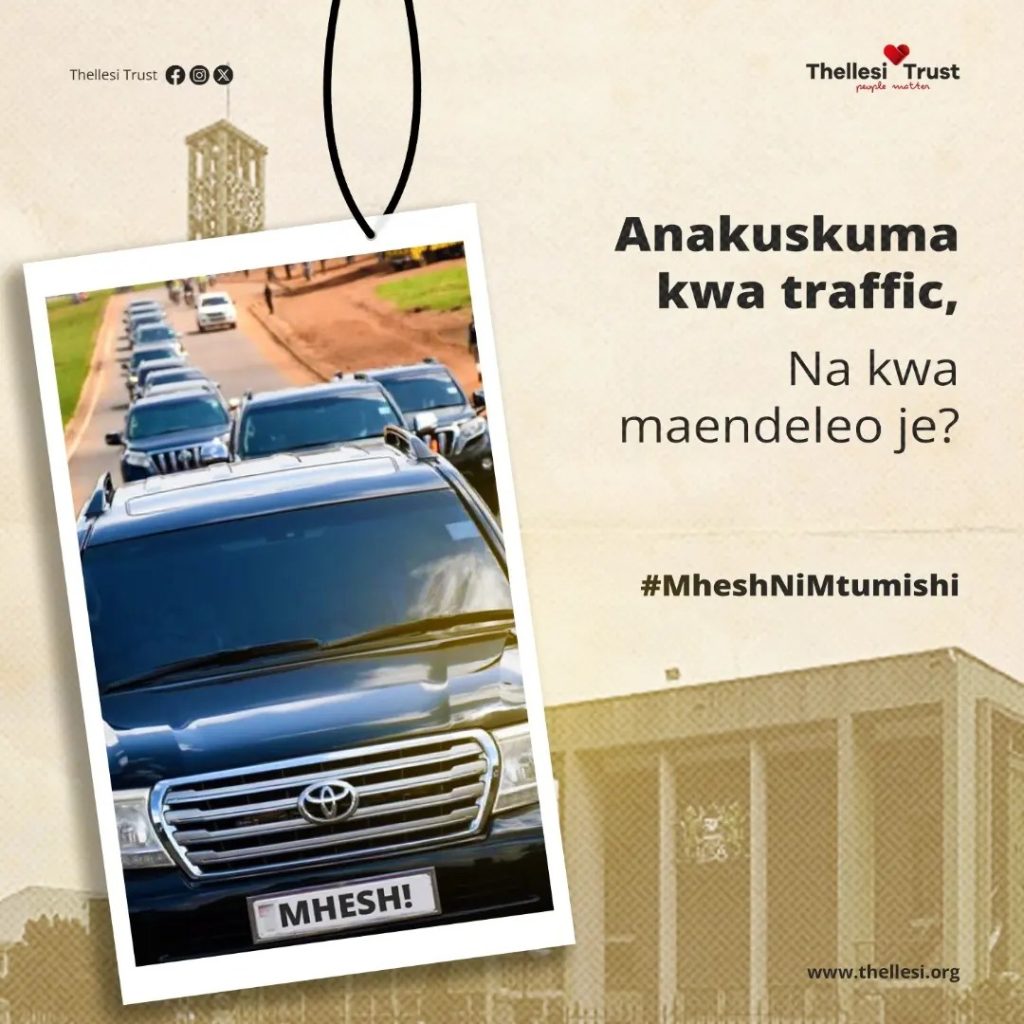
1 comment